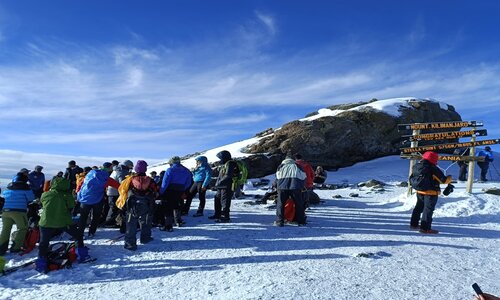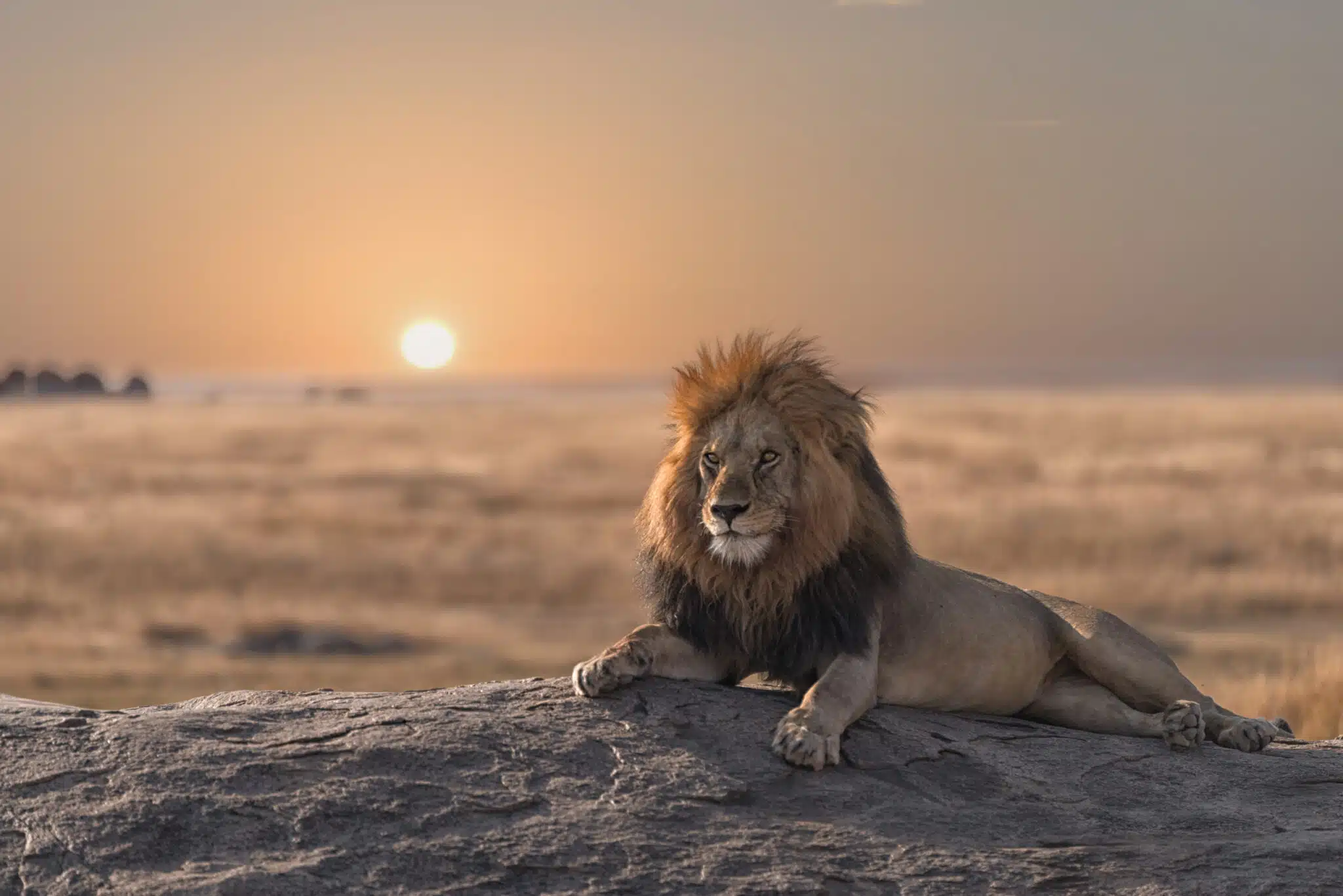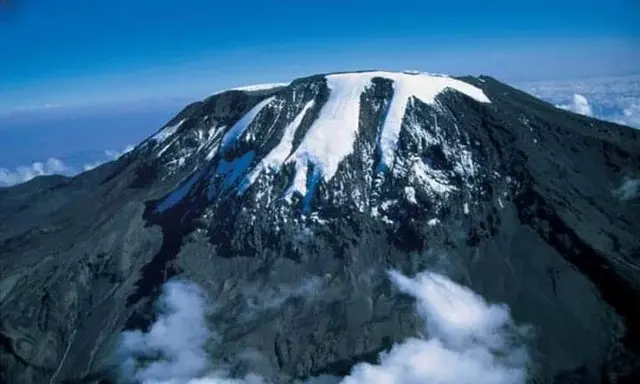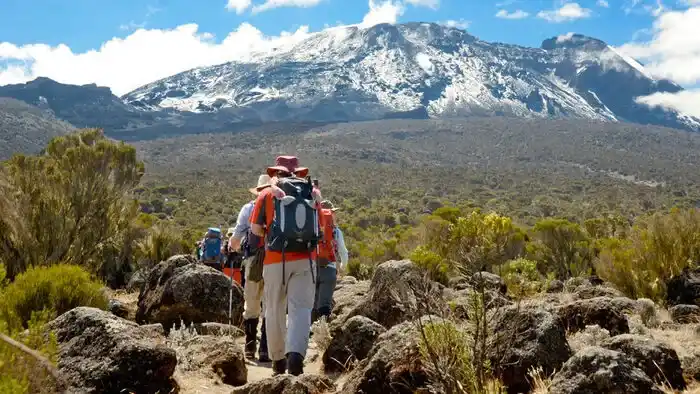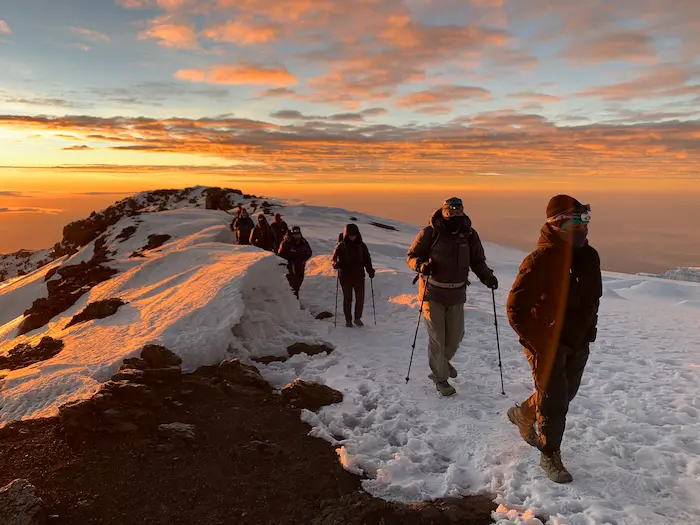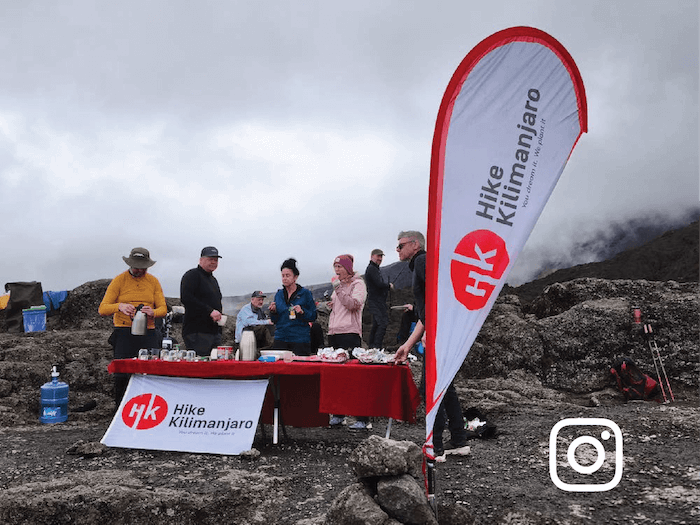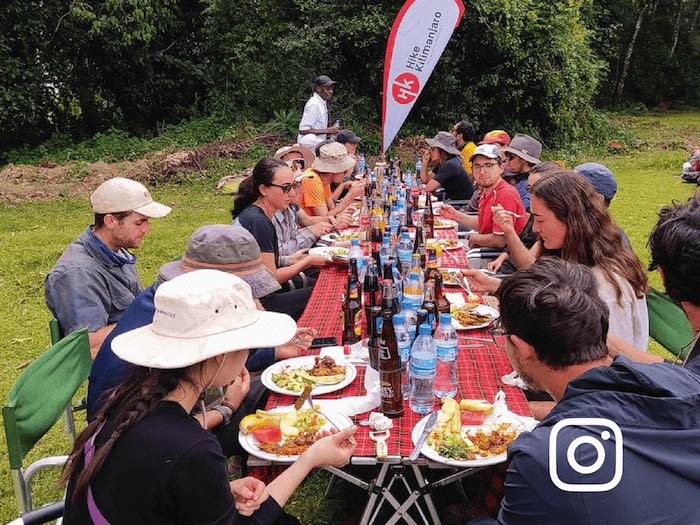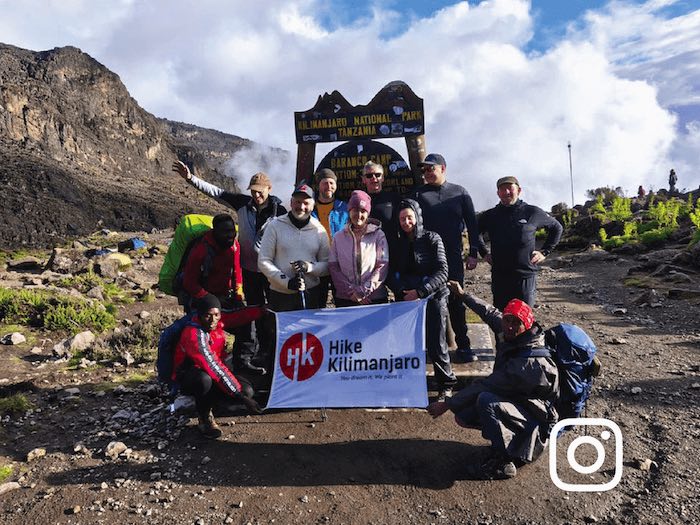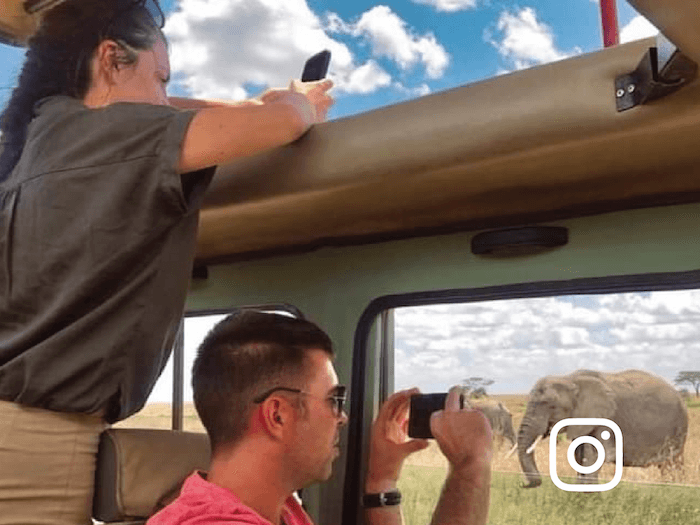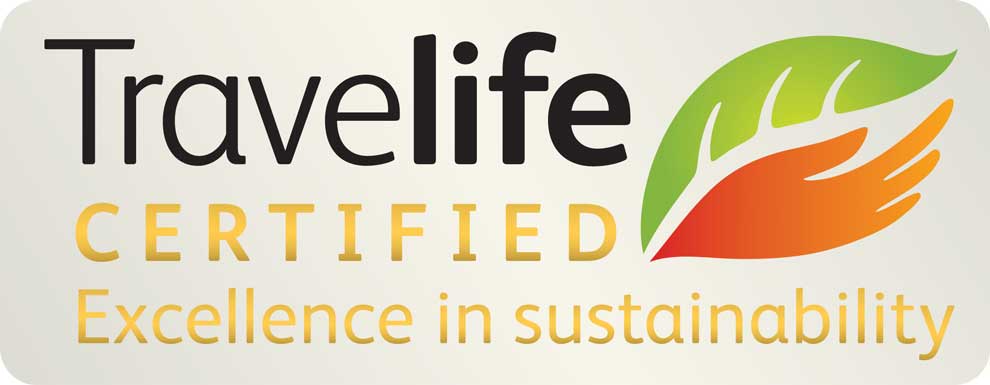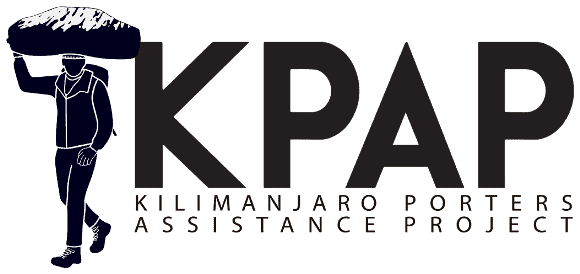Is It Safe to Sleep in a Safari Tent? What You Need to Know
Worried about safety in a safari tent? Discover how safe it really is to sleep in a safari tent in Tanzania and what precautions camps take to protect guests.
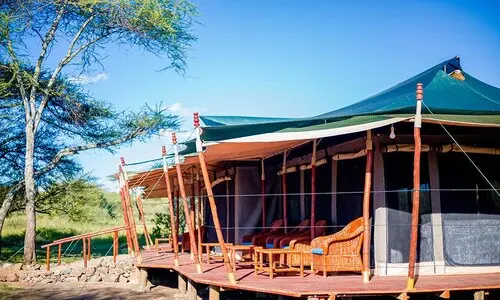
Is It Safe to Sleep in a Safari Tent? What Every Safari-Goer Should Know Before Bedtime in the Wild
If you’re planning your first African safari, one of the first questions that may pop into your mind is:
“Is it safe to sleep in a safari tent?”
With lions roaring in the distance and hyenas calling under the moonlight, it’s a valid concern and a common one. Fortunately, the answer is clear:
✅ Yes, it is safe to sleep in a safari tent in Tanzania if you’re staying in a professionally managed safari camp.
In this blog, we’ll explain exactly how safari camps ensure your safety, what to expect during the night, and practical tips for a worry-free stay in the heart of the wild.
1. You’re Not Sleeping in a Regular Tent
Let’s clear up one big misconception: safari tents are not camping tents from your local store.
In Tanzania, most safari tents are:
- Spacious and built on raised wooden platforms
- Equipped with locking zippers or doors
- Fitted with solid beds, flush toilets, and private bathrooms
- Protected with mosquito netting and canvas walls
Luxury and mid-range safari tents feel more like hotel suites than traditional camping setups, just with a much better view of nature.
2. Camps Are Located and Designed with Safety in Mind
Safari camps, whether in Serengeti, Ngorongoro, or Tarangire, are situated in areas where wildlife is active, but not reckless.
Here’s what they do to keep you safe:
- Trained staff patrol the camp at night to monitor wildlife movement.
- Camps are strategically placed away from high-traffic animal corridors.
- Guides escort you to and from your tent after dark no walking alone.
- Emergency communication systems and radios are always on hand.
- Camps follow strict park authority guidelines for guest safety.
So while animals may roam nearby, your camp is equipped and prepared.
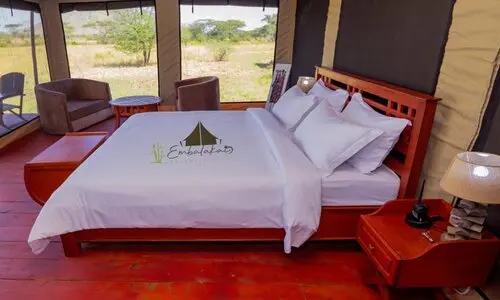
3. Wildlife Typically Avoids Human Contact
Contrary to what movies might suggest, wild animals don’t want to invade your tent. They prefer to steer clear of humans and avoid confrontation.
Animals you may hear near your tent at night:
- Lions roaring in the distance
- Elephants munching on trees outside
- Hyenas are laughing as they move across the plains
- Zebras or buffalo grazing quietly around camp
It’s thrilling but not threatening when you’re in a secure safari camp.
4. You’ll Be Briefed on Safety Upon Arrival
When you check in, staff will give you a short but important safety orientation. This usually includes:
- What to do if you hear animals nearby
- How to signal a staff member at night
- The importance of not leaving your tent after dark without an escort
- Guidelines for zipping and securing your tent
Following these basic instructions ensures a safe and relaxing night under the stars.
5. Nocturnal Sounds: Expect Them, Enjoy Them
It might take a night to get used to the sounds of the African bush but trust us, it’s part of the magic. You’ll fall asleep to:
- Crickets chirping
- Distant lion roars
- Leaves rustling from a nearby elephant
- The soft crackle of the campfire fading out
Most travellers find that sleeping in a safari tent becomes a highlight of their entire trip.
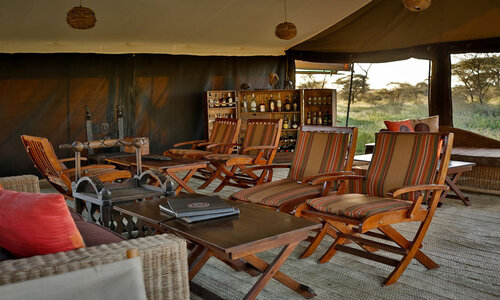
6. What About Insects and Snakes?
While insects are present in the bush, safari tents are well-protected:
- Mosquito nets are fitted over every bed
- Zippers and flaps keep bugs out
- Camps are cleaned daily and often treated with repellents
- Snakes generally avoid populated areas with regular human activity
For added peace of mind, you can bring a small flashlight and natural repellent.
7. You’re in Good Hands
Reputable safari operators like Hike Kilimanjaro work only with licensed, experienced safari camps that put your comfort and security first. We vet all our partners to ensure:
- Exceptional safety records
- Well-trained staff and guides
- Quality facilities and guest reviews
- Seamless logistics from arrival to departure
Tips for a Safe and Comfortable Night in Your Safari Tent
The following are the tips for a Safe and Comfortable Night in Your Safari
- 🔒 Zip up your tent fully every time you enter or exit
- 🌒 Never walk around at night alone. Wait for a guide
- 📞 Use the whistle or call system if you need assistance at night
- 🧴 Keep a flashlight and water bottle within reach
- 🧼 Store snacks properly, don’t leave food in your tent
- 😴 Relax, you’re more likely to be kept awake by excitement than danger
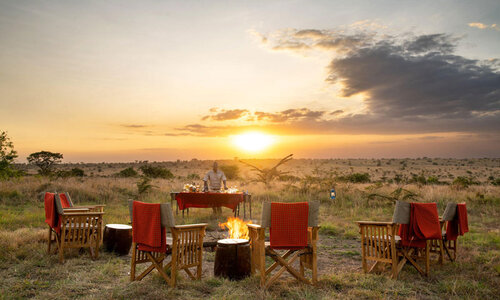
Conclusion: Safe, Unique, and Completely Unforgettable
So, is it safe to sleep in a safari tent in Tanzania?
Yes 100% safe when you stay in a reputable safari camp and follow the rules.
Most travellers find that sleeping in a canvas tent surrounded by the sounds of nature becomes one of the most authentic and unforgettable experiences of their lives.
Ready to fall asleep under the African stars safely?
Let Hike Kilimanjaro plan your dream safari and match you with the best safari camps in Tanzania.
👉 Contact us now to get started.
Share Your Article:
Make your dream trip come true with Hike Kilimanjaro .

5/5
Based on 100+ reviews

4.9
Based on 60+ reviews
Customized Travel Proposal
At Hike Kilimanjaro, you can tailor your trip to your preferences. Our sample itineraries are customizable, and our specialists work with you to create your dream trip!
Related posts
These full and frank reviews are from travelers who have traveled with Hike Kilimanjaro previously. The reviews and experiences shown here are from reputable travel websites like TripAdvisor, Google, Facebook, and Trust Pilot, etc.
Speak to an Expert
Need assistance with your booking? Our friendly Tanzania-based expert team is here to help. Feel free to reach out with any travel-related questions or concerns.

Maxon

- WhatsApp +255 692 406 444


